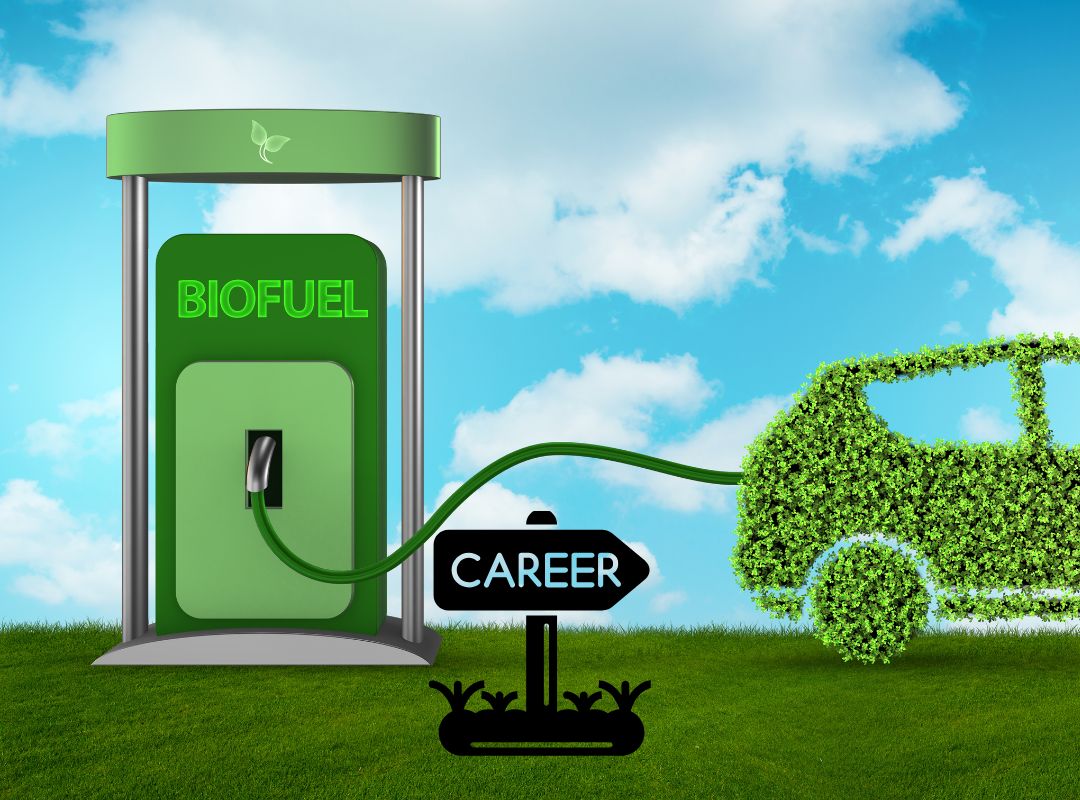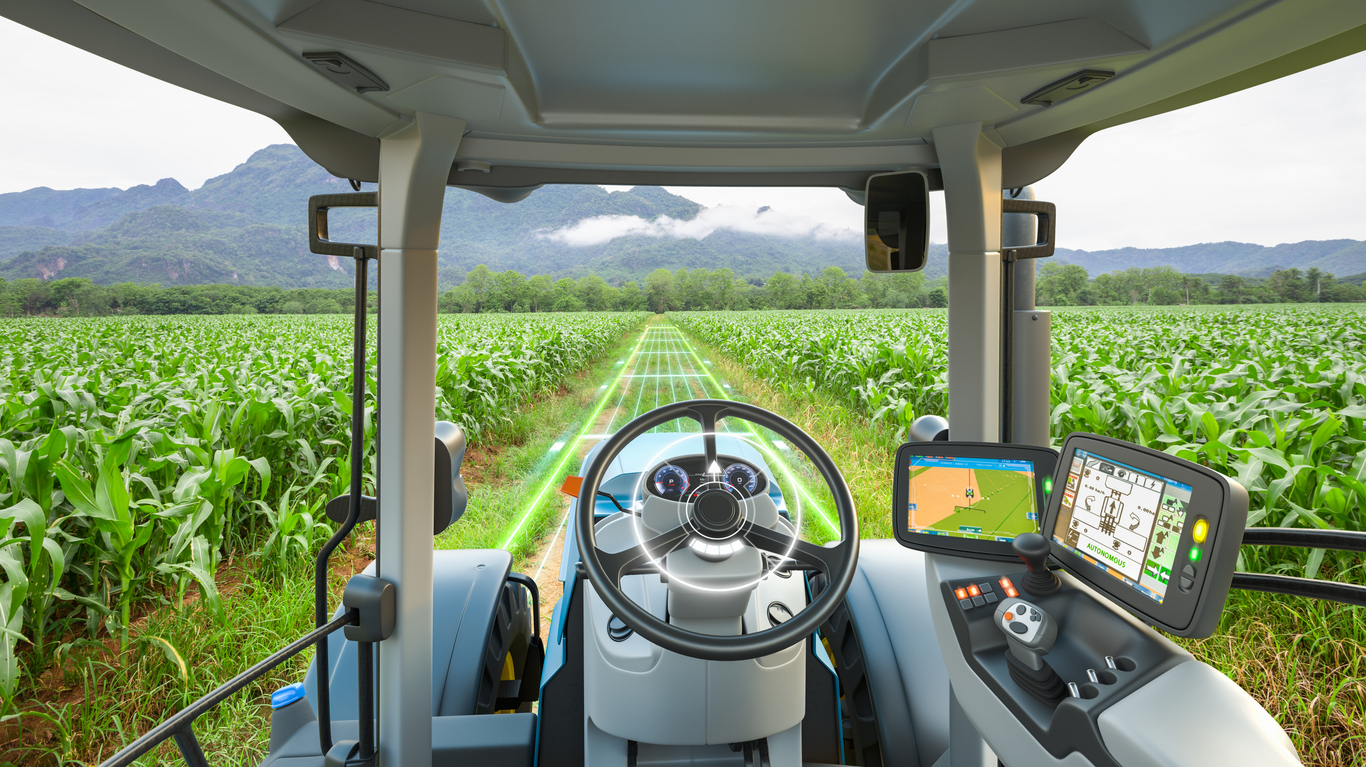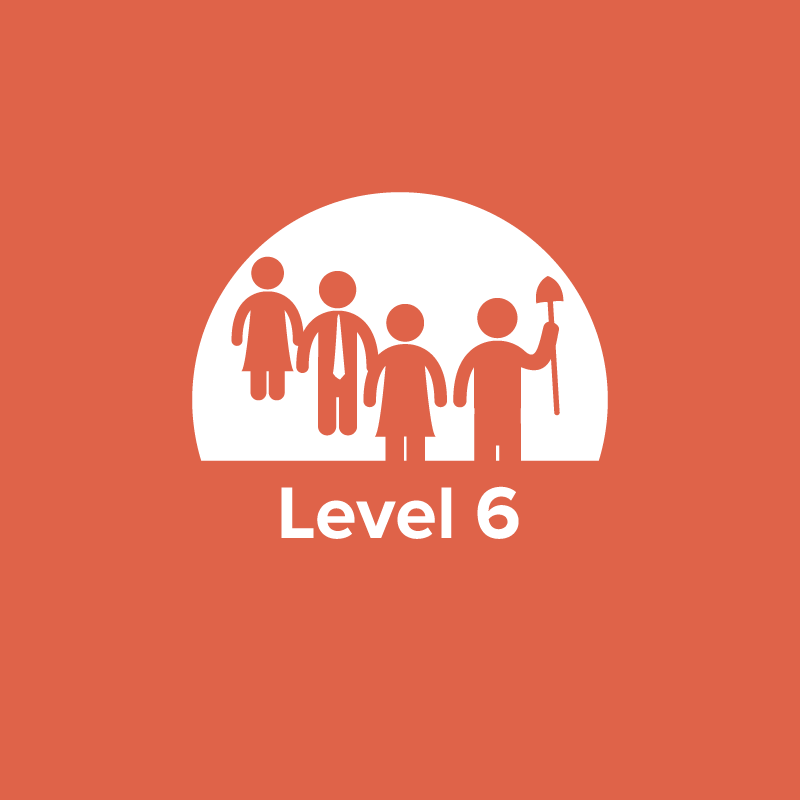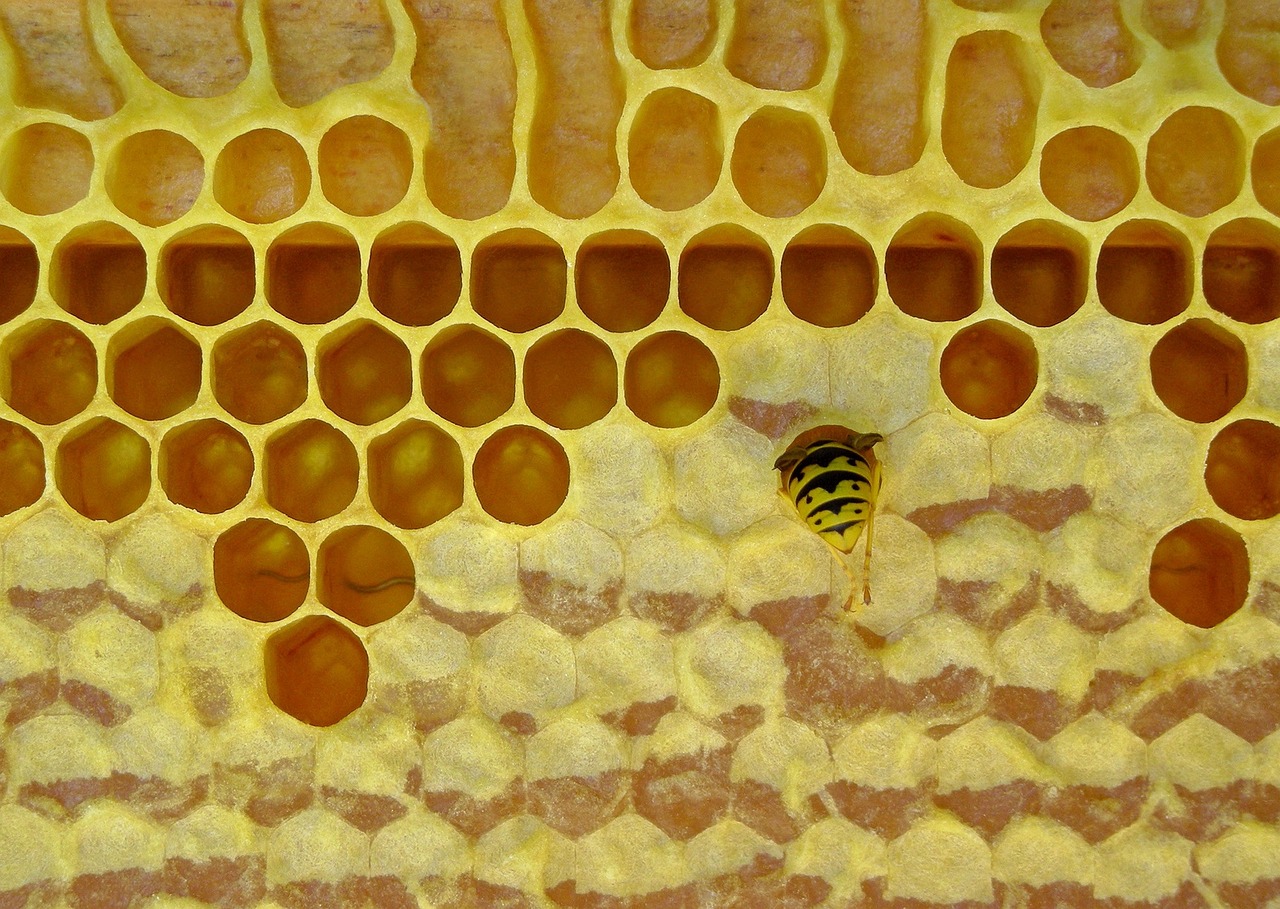
Find Your Future Career (Grades 6-8)
Students discover the variety of agricultural careers available and consider their career paths in terms of economics, interests, and suitability to their personal talents and characteristics.

Students discover the variety of agricultural careers available and consider their career paths in terms of economics, interests, and suitability to their personal talents and characteristics.

In this lesson students will learn about foodborne illness, its prevention, and the people and organizations that are involved in food safety. Students will conduct an experiment to learn how hand-washing affects the presence of bacteria on their hands.

Students focus on the science involved in the production of our food and explore the high-tech aspects of agricultural production as they learn about careers in food science.

Students will recognize the importance of fuel energy and the fact that agriculture can produce biofuel; students will identify career opportunities in the biofuel industry.

Students will explore technical careers in agriculture and learn how GPS and GIS technologies are used to improve agricultural production.

Students will discover potential careers in agriculture with a focus on the growing field of biofuel development.

Students will explore careers related to agriculture, identify personal interests within agriculture or a related field and discuss how agricultural professionals can impact world food.

Students will explore careers related to agriculture, identify personal interests within agriculture or a related field and discuss how agricultural professionals can impact world food.

Through project-based learning, students solve the problem of excess beeswax, a byproduct of honey bees, by developing a useful beeswax product and marketing their product to be sold in a local boutique or farmers market.

In this lesson, students will model the responsibilities of a food scientist by working in product development teams to create a new food product. Tasks will involve market analysis, economics, food chemistry and safety, graphic design, and communication.

Students explore the connection between individual behavior and resource use, learn the difference between renewable and nonrenewable resources, and identify careers related to natural resource management by playing an active, futuristic simulation game in which teams have to collect limited resources from "Planet Zorcon."

Students will develop an appreciation for the extensive materials and career fields provided by agriculture, specifically as related to cereal grain production, processing, and consumption. Activities include playing a game in which students become agronomy specialists, mapping the top grain-producing states, and watching videos about careers related to grain production.